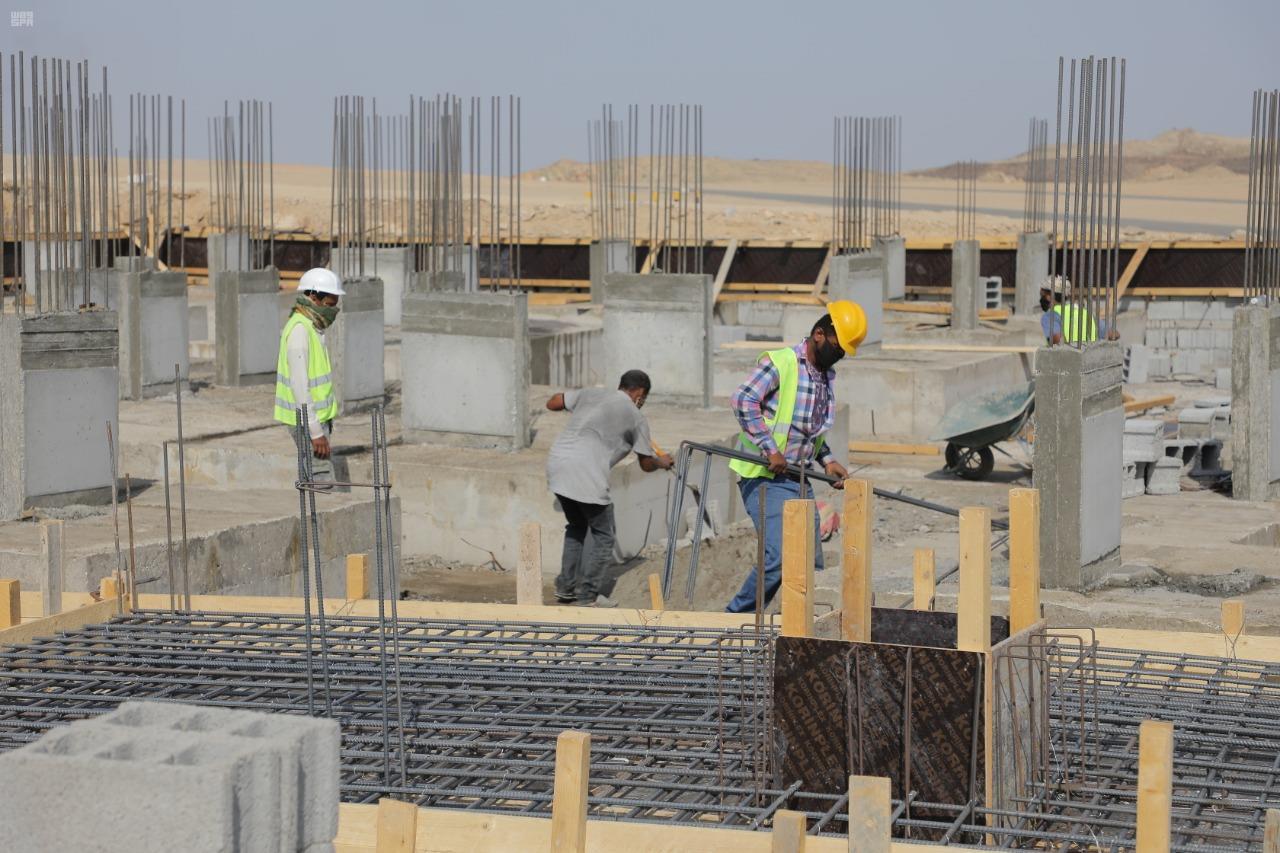Unemployment of Saudi citizens dropped to 11.3% in the second quarter of this year, the lowest in a decade, according to the government’s General Authority for Statistics, as signs continue to mount that the Saudi economy is continuing to recover from the global pandemic.
The decline, though slight from 11.7% in the first quarter, is nevertheless indicative of a trend in the ideal direction for Saudi Arabia, which is looking to overhaul its labor market and diversify its economy. Placing Saudi citizens into the workforce is one of the top goals of the Kingdom’s Vision 2030 social and economic reform plans, as it involves both finding appropriate jobs for Saudis that they want to work and ending the Kingdom’s dependence on inexpensive, imported foreign labor.
As Bloomberg reports, citing the official data, Saudi male unemployment “declined to 6.1% in the period from March to June, from 7.2% in the first quarter, while female unemployment rose to 22.3%, from 21.2%, according to data released on Thursday. Saudi labor force participation fell slightly, to 49.4%, suggesting that some citizens are dropping out of the job market. Nearly 60% of unemployed Saudis said they’d been searching for a job for over a year and nearly 70% had never worked before, the survey found.”
Saudi Arabia has used a program called Nitaqat, or Saudization, to mandate that some sectors ensure a percentage of the workforce is filled with Saudi citizens instead of expats. The program has slowly worked. Hundreds of thousands of foreign workers have been replaced with Saudis, and many foreign workers have been returned to their home country.
In November 2020, the Kingdom’s Ministry of Human Resources and Social Development (MHRSD) unveiled the Labor Reform Initiative (LRI) under the National Transformation Program (NTP), aimed at improving the contractual relationship between workers and employers in a drive to make the job market in Saudi Arabia more attractive.
Saudi Arabia also announced in the same month that it would raise the minimum wage for its citizens from 3,000 riyals ($800) to 4,000 riyals ($1,066), a 33 percent increase, the Kingdom’s Ministry of Human Resources and Social Development said.









